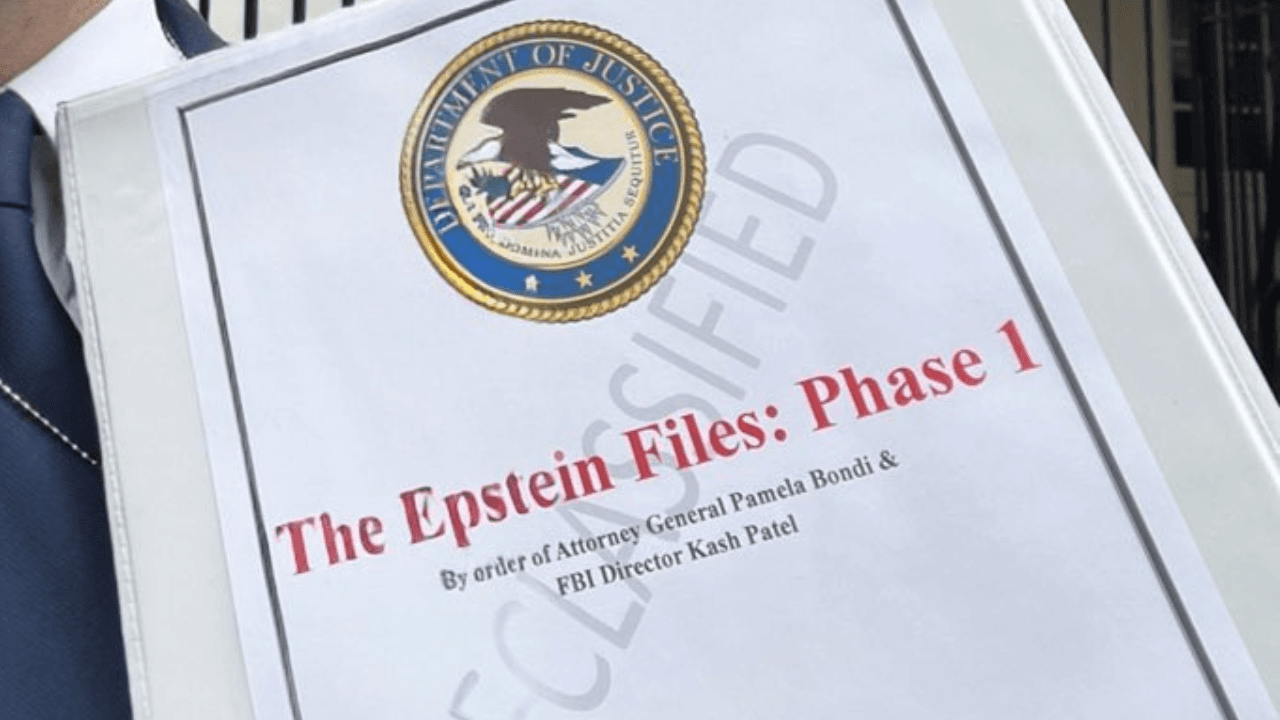Federal Border Crackdown Moves Into Charlotte, New Orleans, CBS Exclusive
A CBS News exclusive reports the Trump administration intends to expand a domestic immigration enforcement push into Charlotte and New Orleans, a move that could reshape local policing, strain city services, and trigger swift legal battles. The development matters because it tests the boundaries between federal enforcement authority, local governance, and obligations under domestic and international law.
Listen to Article
Click play to generate audio

According to a CBS News exclusive, the Trump administration is preparing to broaden its interior immigration enforcement efforts by bringing operations to Charlotte and New Orleans. The announcement marks a significant escalation in a strategy that places immigration enforcement deeper inside U.S. cities, raising questions about coordination with municipal authorities, impacts on immigrant communities, and legal challenges that could reach federal courts.
Local officials in both cities are likely to face immediate pressure to respond. Charlotte and New Orleans have sizable immigrant populations and civic coalitions that provide social services and legal aid. City leaders must balance public safety concerns with protections for residents who may avoid hospitals, schools, and other essential services for fear of encountering federal agents. The potential chilling effect on community trust could complicate public health responses, disaster planning, and routine policing.
Legally the move opens several fault lines. Federal immigration authority is robust, but past initiatives that extended enforcement into local communities have produced litigation over civil liberties, jurisdictional limits, and the use of federal resources. Courts have increasingly scrutinized Department of Justice practices, and an uptick in enforcement in these Southern cities could spur a fresh wave of lawsuits arguing federal overreach, unfair targeting, or violations of due process. Local governments may also assert that coordination without consent or oversight undermines municipal prerogatives and public safety strategies.
Humanitarian and international law considerations will surface as well. Advocates warn that intensifying interior enforcement risks impeding asylum seekers and migrants who must navigate complex legal pathways to seek protection. Non governmental organizations and foreign governments with nationals affected by enforcement could raise concerns about compliance with non refoulement obligations and the fair treatment of asylum claims. Such questions may attract attention from international observers and diplomatic channels, particularly if operations lead to mass detentions or expedited removals.
The political stakes are high. For the administration, visible enforcement in prominent Southern cities signals a fulfillment of campaign promises to tighten border and immigration controls, and it may be framed as restoring law and order. For local political leaders and community organizations, the operations present a test of local autonomy and the resilience of networks that provide legal and social assistance to immigrants.
Operationally the expansion will require coordination among federal agencies and could strain local resources, from court dockets to shelter capacities. Nonprofit service providers are likely to see increased demand for legal representation, family support, and emergency housing. The prospect of legal challenges means courts may become battlegrounds for the next phase of this policy, shaping the practical limits of federal enforcement.
As the story develops, stakeholders from municipal governments, civil society, and foreign missions will weigh in, and the unfolding legal contests will determine how far the federal government can extend interior immigration enforcement without running into constitutional or humanitarian constraints.


